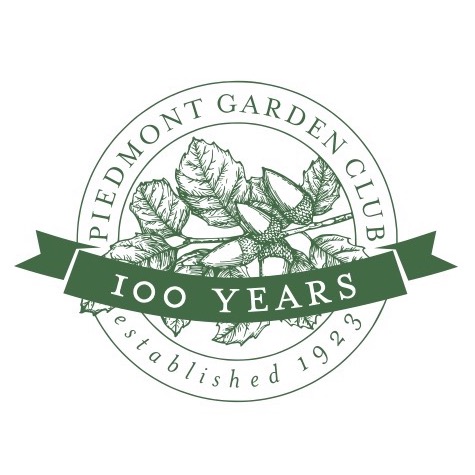Please join Piedmont Garden Club
When: Jan. 17, 2024 from 9:30 – 11:30 am
Where: Piedmont Community Hall
Piedmont Garden Club hosts Dr. Paul Cox, Director of the Institute for Ethnomedicine to discuss research and the treatment of neurodegenerative diseases.
Ever wonder what advances are being made in the fight against ALS, Alzheimer’s and Parkinson’s disease? Dr. Paul Cox, Director of the Institute for Ethnomedicine in Jackson Hole, WY will share current ethnobotanical research into illnesses such as ALS, Alzheimer’s, and Parkinson’s disease. This botanical approach promises new therapies to treat these serious illnesses. Dr. Cox was awarded the Goldman Environmental Prize and was named one of TIME Magazine’s eleven “Heroes of Medicine.”

ALS, Alzheimer’s, and Parkinson’s are characterized by misfolded proteins and tangles in the brain. Ethnobotanical research among villagers in Guam has led to a stunning new approach to stopping protein misfolding which promises new therapies to treat these most serious illnesses. Dr. Cox was awarded the Goldman Environmental Prize, also called “the Green Nobel” and was named one of TIME Magazine’s eleven “Heroes of Medicine” for his discovery of new drugs from remote island villages. Based on a nomination from the Broadmoor Garden Club in Colorado, Dr. Cox was selected this year to become an Honorary Member of the Garden Club of America. His research at the Brain Chemistry Labs in Jackson on Alzheimer’s disease was recently profiled in Fortune Magazine.
Located in the East Bay Hills of the San Francisco Bay, the Piedmont Garden Club is was founded in 1923 and has been a part of the Garden Club of America since 1926. Piedmont Garden Club members meet monthly to learn about garden-related topics including garden and floral design, garden photography, horticulture and environmental conservation. Other activities include hands-on workshops, field trips and work projects.


My husband first symptoms of Parkinson’s occurred during covid, but was diagnosed in 2021 when he was 61 years. He was on Levodopa- not crazy about it! he was also on Sifrol and rotigotine not crazy about any of it either, The Levodopa did very little to help him. The medical team did even less. His decline was rapid and devastating. He had a stooped posture, tremors, muscle stiffness and even slow movements. I was a master Gardener and love herbs! This Parkinson’s took my life from me, I was no longer able to work in my garden anymore because I was a full time caregiver for my husband. We stopped most of his Parkinson’s medications due to severe side effects and I started him on Ayurvedic treatments from Natural Herbs Centre natural herbs centre the treatment has made a very huge difference for him. His symptoms including body weakness, tremors and slurred speech disappeared after few months on the treatment. He is getting active again since starting this treatment, he is able to walk and able to ride his treadmill again.. This Ayurvedic treatment is a miracle!! I recommend researching natural treatment for Parkinson’s disease versus taking the pharmaceutical drugs that only deal with specific symptoms and have damaging side effects to your body.
Thank you for sharing your story Katherine. I am a yoga teacher and Ayurveda practitioner and I am not surprised by this testimony.